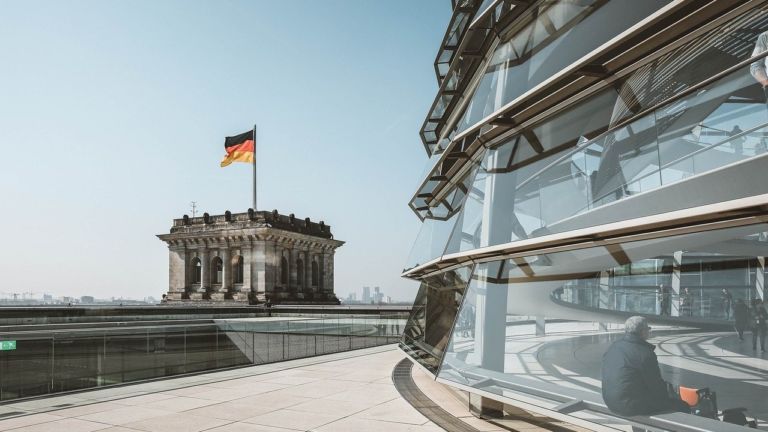Effective measures for climate protection are more urgent now than ever before

The German government has launched the amended Climate Protection Act and with it a further tightening of the climate targets for Germany. The tighter targets will also enormously increase the level of ambition for CO2 reduction in transport. Reinhard Zirpel, President of the Association of International Motor Vehicle Manufacturers (VDIK), commented: “Everyday mobility will change fundamentally and will also become more expensive for many people. These major changes must be supported above all by the citizens. However, what is essential for climate protection are not just targets on paper, but above all effective and sufficient measures that are implemented in a targeted manner. This is more urgent now than ever.”
In the transport sector, the ramp-up of alternative drive systems is one, if not the, decisive instrument for CO2 reduction. The necessary incentives and framework conditions must be adopted quickly and without further delay, and then constantly adjusted.
The innovation premium for electric cars, plug-in hybrids and fuel cell vehicles should therefore be extended without delay until the end of 2025. The German government had already announced this in November. An essential prerequisite is the ambitious development of a refueling and charging infrastructure for zero-emission vehicles. This task must be given clear priority in any legislation or ordinances. The recently adopted Building Electric Mobility Infrastructure Act should therefore be adapted quickly. The expansion of public charging infrastructure must also not be hindered – for example, by unrealistic requirements for payment options – but must be pushed even harder.
Hydrogen plays an important role in emission-free mobility. The development of a filling station network for trucks and cars powered by fuel cells should therefore be further advanced and promoted. Greenhouse gas emissions from existing vehicles must also be significantly reduced by 2030. Synthetic fuels are needed to achieve this. To promote them, a sub-quota of 5 percent for hydrogen and e-fuels should be introduced as part of the further development of the GHG quota.